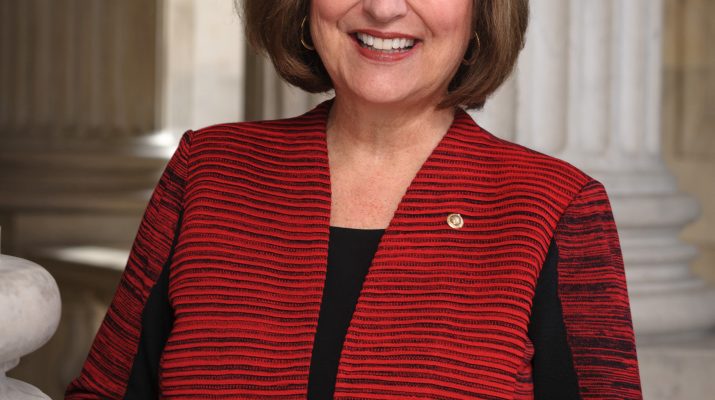Nearly 1.2 million Americans live in nursing homes today. The vast majority of those Americans are seniors, people who urgently need the specialized care that long-term nursing facilities provide. That’s especially true in small towns, where a greater percentage of the population is over 65.
But this fall, the Centers for Medicare and Medicaid Services (CMS) proposed a rule that could close down nursing facilities across rural America. The rule proposed in September has the stated goal of improving care in nursing homes. But if this rule went into effect today, that good intention would, in reality, make appropriate care for senior Americans even more difficult to provide.
The rule mandates new minimum staffing standards for long-term care (LTC) facilities, requiring every facility to staff a registered nurse on site 24 hours a day, seven days a week. It would require staff to provide each resident with at least three hours of direct care per day.
The administration believes the rule would improve the quality of care in our nursing facilities. Unfortunately, the rule as written would simply force many facilities to shut down — denying care to seniors entirely.
According to CMS, 75% of nursing homes would have to increase staffing to comply with these proposed standards. But across our country, these homes already face historic staffing shortages. According to federal labor statistics, nursing homes lost more than 200,000 workers from February 2020 to December 2022.
Under this rule, nursing homes would be forced to go to great lengths to find staff in the midst of overwhelming shortages. If they failed, they would likely need to shut their doors, depriving seniors of care.
This issue disproportionately affects rural communities. While highly populated urban areas may host several long-term care options, these facilities are few and far between in the rural areas of our country — including in parts of Nebraska.
In 80% of Nebraska counties, the number of registered nurses (RNs) and licensed practical nurses (LPNs) per capita is lower than the national average. Nine counties in Nebraska do not have any practicing RNs available. The Center for Rural Affairs found that 64 of Nebraska’s 93 counties are at least partially in a primary care health professional shortage area.
This mandate from CMS would devastate facilities across Nebraska and other rural states. It would force many facilities to reduce their number of patients or close their doors for good.
After the release of this proposed rule in September, I joined the rest of the Nebraska delegation in sending a letter to CMS Administrator Chiquita Brooks-LaSure opposing the new standards. We never received a response.
I plan to introduce legislation that would prevent these misguided standards from going into effect. My legislation also would establish an advisory panel on the nursing home workforce made up of 15 members representing various stakeholders — including members from rural and underserved areas.
The Biden administration must hear from voices outside the big cities on the coasts. This proposed rule is a one-size-fits-all solution that simply doesn’t fit. It’s a misguided mandate that will prove destructive for communities that most need care. I’ll keep working to advocate for our rural communities and fight to protect Nebraska seniors who rely on these facilities.
Thank you for participating in the democratic process. I look forward to visiting with you again next week.

